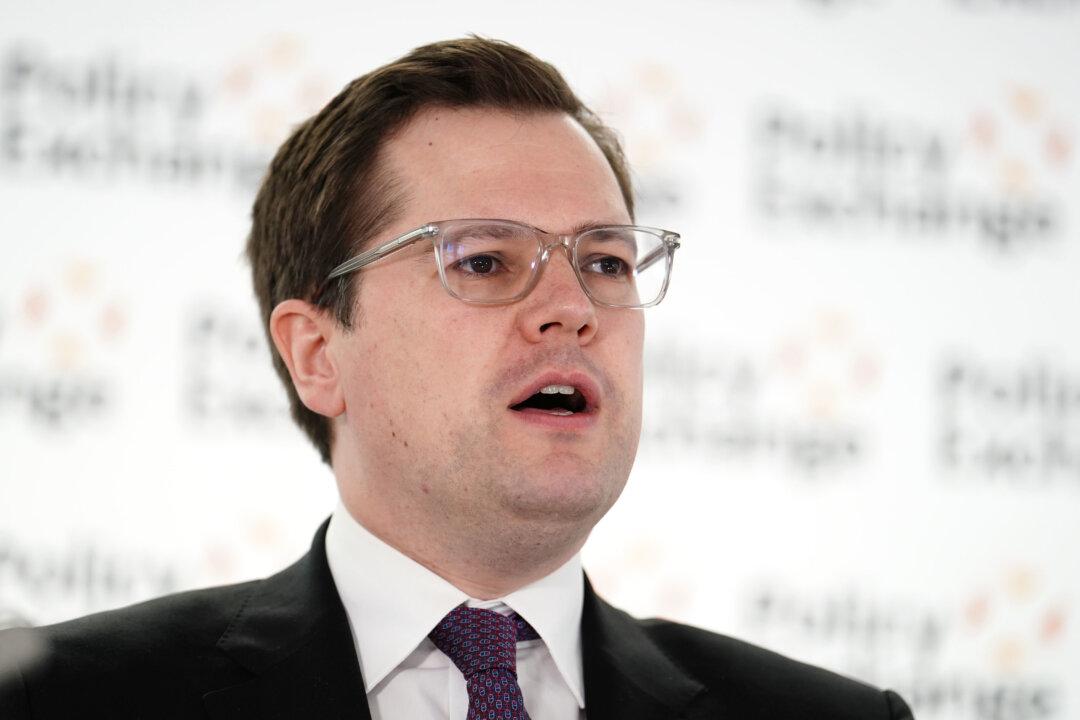A British minister has attacked the “humanitarian nimbyism” practised by politicians who rhetorically welcome refugees but then fail to share the burden caused by illegal immigration.
In a speech at the centre-right Policy Exchange think tank on Tuesday, immigration minister Robert Jenrick defended the government’s Illegal Migration Bill and criticised opposition politicians and local authorities for virtue-signalling at taxpayers’ expenses.





